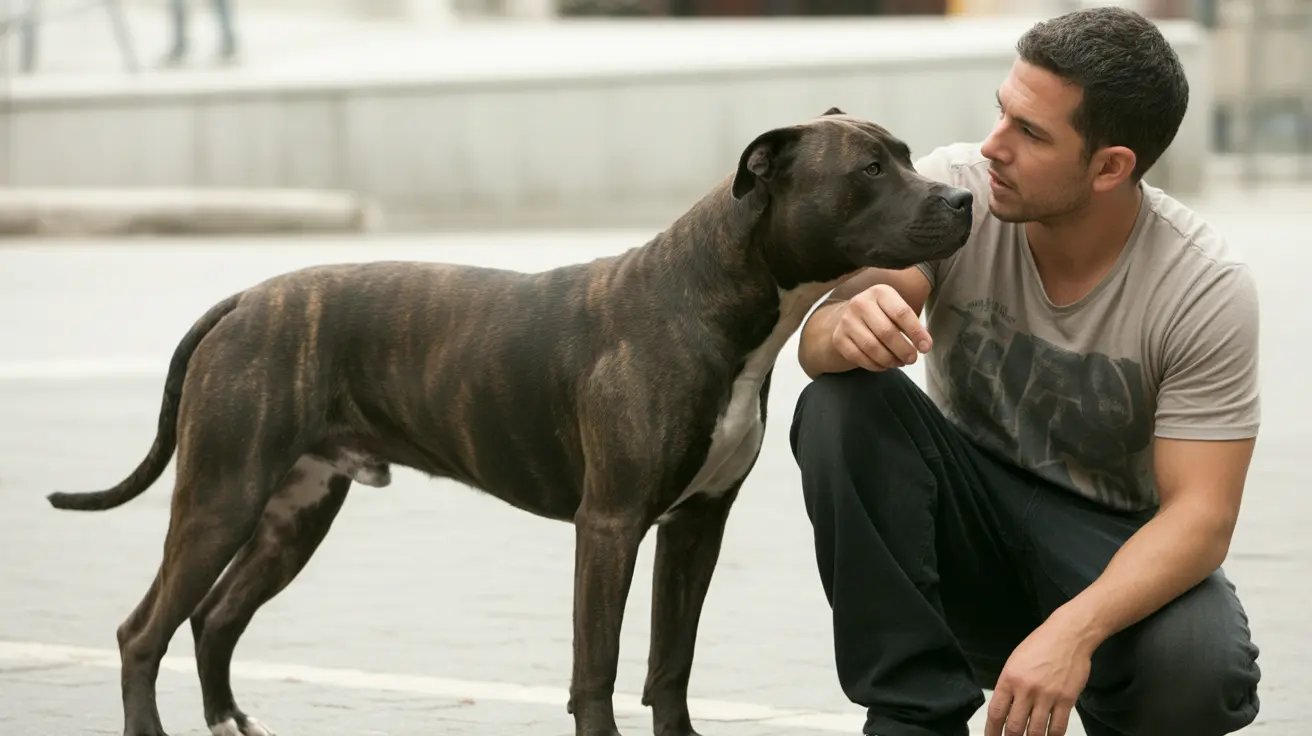Do Dogs Say Goodbye Before They Die?
Dogs are renowned for their loyalty and deep bonds with their human companions. As such, one of the most emotionally charged questions pet owners ask is whether dogs have a sense of their impending death and whether they try to say goodbye. While there is no definitive scientific evidence that dogs understand death in the human sense, many anecdotal experiences and behavioral observations suggest that dogs exhibit signs that could be interpreted as a form of farewell.
Behavioral Signs as Dogs Approach Death
In the days or hours leading up to death, dogs often experience physical and emotional changes. Recognizing these signs can help owners provide appropriate comfort and support during this time.
Common behaviors that may resemble saying goodbye include:
- Seeking solitude: Some dogs retreat to their favorite quiet place, away from the household activity, as if choosing a space to rest peacefully.
- Increased need for comfort: Conversely, some dogs may seek constant closeness with their owners, cuddling or resting near them more frequently than usual.
- Changes in responsiveness: They may appear confused, lethargic, or less engaged with their environment.
- Loss of appetite and thirst: Declining interest in food and water is common in the final stages of life.
- Physical weakness: Mobility often decreases, and dogs might experience incontinence or labored breathing.
These signs vary from dog to dog, and while they may not consciously know they are dying, they often sense that something is changing, which can influence their behavior.
Emotional Interpretations and Human Perception
Owners often interpret these behaviors as a way of saying goodbye. For example, a dog might choose to rest their head in their owner's lap one last time or calmly make eye contact before passing. These actions, although possibly the result of discomfort or fatigue, are often seen as final expressions of love.
Common emotional interpretations include:
- A dog choosing to spend their last moments with a loved one
- A final look or moment of affection before passing
- Seeking physical touch for reassurance
While science cannot confirm the intentionality behind these behaviors, they provide comfort to grieving owners and reflect the strong emotional bond between human and dog.
The Role of Euthanasia and Final Moments
When end-of-life care involves euthanasia, many pets are provided with sedation to ensure a peaceful transition. Vets often report that dogs remain calm and relaxed, particularly when their owners are present during the procedure.
Being there during a dog’s final moments can be immensely comforting for both the pet and the owner. Stroking or talking gently to a dog during euthanasia can make the farewell more intimate and meaningful.
Spiritual and Cultural Beliefs
Different cultures and belief systems offer varied perspectives on animals and death. In some spiritual traditions, it is believed that pets' spirits linger or return to say goodbye to loved ones.
Common beliefs include:
- Christian perspectives: While formal doctrine is unclear, many believers feel hopeful that pets may await them in the afterlife.
- Buddhist and Hindu views: These traditions suggest that animals, including dogs, are subject to reincarnation and karmic cycles.
- “Rainbow Bridge” vision: A popular cultural idea where pets reside in a joyful place after death, awaiting reunion with their humans.
These narratives offer comfort and a framework for understanding a dog's death as part of a greater continuum.
Helping Your Dog During End of Life
If your dog is nearing the end of life, you can provide comfort and dignity.
Helpful actions include:
- Creating a calm and comforting space
- Offering gentle touch and companionship
- Keeping them warm and comfortable with soft bedding
- Maintaining hydration if they can still drink
- Consulting a veterinarian about pain management and possible euthanasia for humane care
Being present and attentive can ensure your dog feels loved and secure during their final moments.
Conclusion
While dogs may not consciously say goodbye in the way humans do, their behavior in the final stages of life often includes actions that can be interpreted as meaningful partings. Whether through quiet companionship, seeking closeness, or a gentle final glance, these moments are deeply personal and poignant. Ultimately, each farewell is as unique as the bond shared between pet and owner. Rather than seeking definitive answers, focusing on presence, comfort, and love can help both dogs and their humans through this intimate journey.





